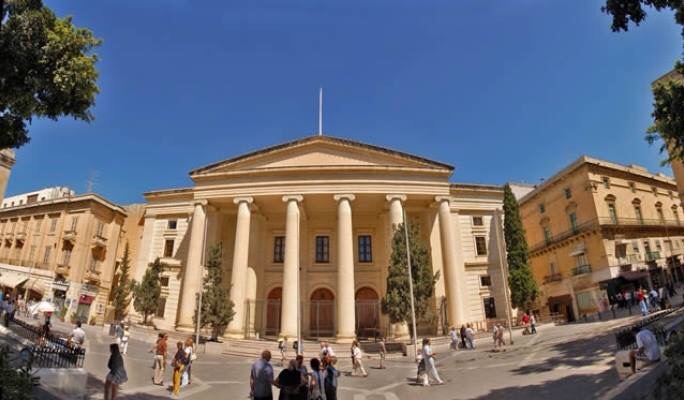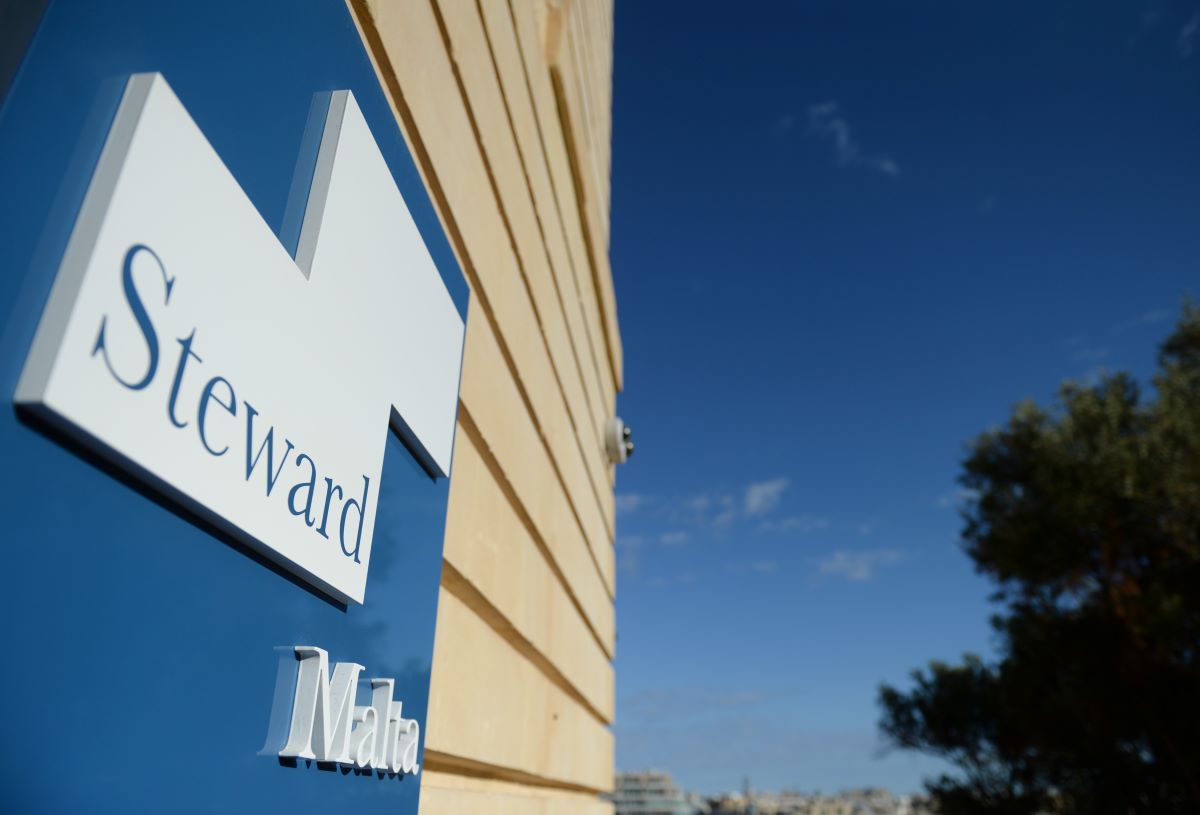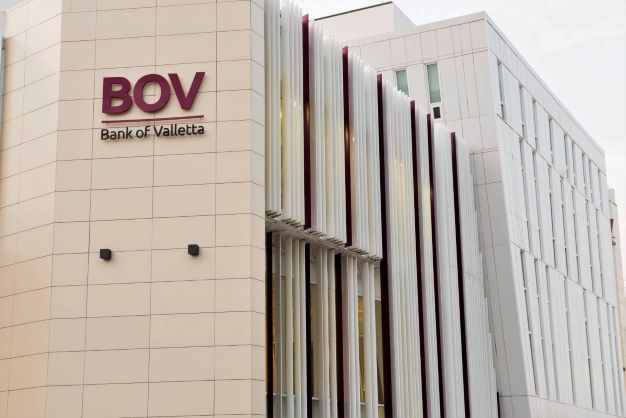Government on Thursday announced that Malta’s minimum wage is set to increase from €192.73 to €213.54 per week by January.
It has also been stated that minimum wages for 40-hour work weeks will increase incrementally over four years. The rise for the coming year is made up of an €8 rise plus €12.81 in cost of living adjustment (COLA).
The order by which this increase will take place is as following:
- 2024: €200.73 + COLA
- 2025: €203.73 + COLA
- 2026: €206.73 + COLA
- 2027: €210.73 + COLA
This means that next year, the hourly rate will go from €4.82 up to €5.34.
The increase in minimum wage comes following an agreement between Government and the recently set up Low Wage Commission, which is made up of representatives of trade unions, employers and Government. The Commission should submit its recommendations about the minimum wage every four years, starting in 2023.
Government also announced that this new format will bring about other changes to minimum wage increases. In 2017, Government had introduced increases to the minimum wage that would allow workers who stayed with the same employer for a year to get a €3 increase in pay, with those that stayed with the same employer for two years to also get another €3 increase in 2018.
However, given the new adjustments, the €6 increase will no longer be added, but they will instead receive the aforementioned €200.73.
Mark Musu, deputy chair of the Commission, said that these adjustments will have an impact on around 6,000 full-time employees, according to the 2022 Labour Force survey. 2,000 of these currently receive the basic minimum wage, while the remaining 4,000 are entitled to the benefit for staying with the same employer.
He also noted that the hourly rate increase will have an impact on thousands of part-time workers, especially those who work a part-time job together with a full-time one.
Earlier this month, Commission chair David Xuereb had said that negotiations about the minimum wage had reached a “sensitive moment”, working hard for all parties to listened to and respected.
Speaking today, Perit Xuereb remarked that the dialogue with stakeholders proved to be key in implementing these changes successfully.
“I think our biggest success is that everyone involved in this process was willing not only to speak, but to listen to what others have to say. We should be proud of what we achieved,” he said.
He added that the Commission sought to speak with social partners as well as other groups who have an interest in having a say in the matter. “It shows that we have a civil society that is capable of being reasonable and acting maturely and responsibly on matters of national interest,” he concluded.
Mr Musu said that he was pleased that an agreement about the minimum wage increase had been reached quicker than the initially proposed end-of-year deadline.
Despite this, he said that there were a number of concerns raised by different employers and unions about the effect that this could have, but eventually “everyone understood that all workers stand to benefit from this”.
The setting up of the Low Wage Commission came later than expected, Parliamentary Secretary Andy Ellul revealed, given that Government had initially planned to do so by 2020, but the COVID-19 pandemic disrupted progress in this matter.
Parliamentary Secretary Ellul explained that this is a “historic moment for industrial relations” as getting to this point required an effort from all sectors of the economy.
Employer bodies call urgent MCESD meeting over ‘serious concerns’ about PM statements on judiciary
Prime Minister Robert Abela has repeatedly questioned the timing of the publication of the Vitals inquiry
Political earthquake in Malta: A rundown of politicians, civil servants and businesses facing charges
Joseph Muscat is the first former PM in Malta’s history to be facing criminal charges
BOV’s points to ‘strong governance structure’ as questions resurface about €36 million loan to Steward
The bank also declined to comment on the €400,000 golden handshake given to its former chief risk officer






